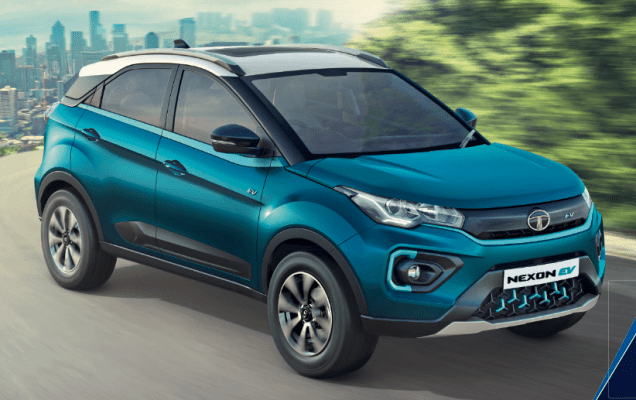Physical Address
304 North Cardinal St.
Dorchester Center, MA 02124
Physical Address
304 North Cardinal St.
Dorchester Center, MA 02124
[ad_1]

Mumbai-based automaker Tata Motors desires to promote 50,000 electrical automobiles by the top of the fiscal 12 months ending March 31, the corporate’s chairperson Natarajan Chandrasekaran mentioned throughout a shareholders’ assembly on Monday.
Within the 2023/24 interval, Tata — which produces passenger vehicles, vehicles, vans, coaches, buses, luxurious vehicles, and development tools — goals to hit 100,000 EV gross sales, based on Chandrasekaran, as reported by Reuters.
The push in direction of EVs follows a nationwide plan to make sure that as much as 30% of whole passenger automobile gross sales in India are electrical by 2030, up from about 1% right now. E-scooters and e-bikes will account for 80% of two-wheeler gross sales, up from 2% right now. Given the Indian authorities’s excessive import duties on EVs, getting residents to make the swap to electrical will largely rely on the success of native manufacturing.
After trying to deliver its EVs to the Indian market, Tesla seems to have deserted efforts to arrange a manufacturing facility in the nation. Tesla often has a “strive earlier than purchase” method to shifting into new markets — it imports automobiles to see how gross sales go earlier than investing the money and time in constructing a regional manufacturing facility. Transport minister Nitin Gadkari mentioned Tesla was welcome to construct a manufacturing facility within the nation, however that it received’t permit the automaker to herald automobiles from China to promote and repair, so Tesla hasn’t moved ahead with these plans.
Tata at the moment sells three EV fashions, together with Nexon EV, Tigor EV and the latest Nexon EV Max. Not like the trail many U.S. automakers have adopted of constructing new EV manufacturing traces from the bottom up, Tata says it’s capable of preserve prices down for the Indian client by repurposing a profitable inside combustion engine mannequin, the Nexon, and outfitting it with a battery pack. The Nexon begins at round $19,000, which isn’t precisely low-cost for the common Indian driver, however is definitely inside the vary of the nation’s upper-middle class.
Tata instructions 90% of India’s electrical automobile gross sales, and seems to be on observe to achieve its objective of promoting 50,000 EVs by March 2022. The automaker’s June gross sales outcomes present 45,197 whole items offered, out of which 3,507 have been electrical — probably the most Tata has ever offered, and up 433% from 658 final 12 months.
Chandrasekaran was optimistic concerning the trajectory of Tata’s efficiency this fiscal 12 months with the general provide scenario, together with that of semiconductors, bettering and stabilizing.
[ad_2]